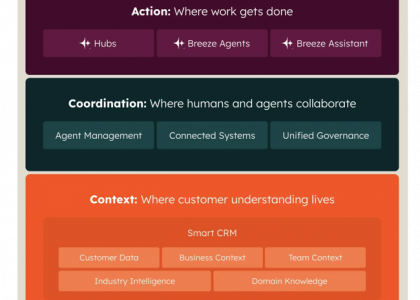In North America, tipping is an unfair system built into the status quo by law. Restaurants aren’t allowed to easily spread tips around, and as a result, they tend to to exacerbate many of the inequities in our culture at the same time that they make it hard to count on a fair wage in one of the largest industries in the world.
That said, one reason for the stickiness of tipping is that the act of doing it offers benefits to the customers.
The first is ritual. It’s what we grew up doing, and leaving it out feels awkward.
The second is control. The person leaving a tip is given a vivid reminder of their power as a customer. “To insure prompt service” might not be the origin of the term, but it can feel that way. It gives the customer a sense of control.
Another is status. At fancy restaurants in New York, experiments with eliminating tipping have had little success, and one reason is that regular customers enjoyed the way it allowed them to subtly (not that subtly) demonstrate their status to their guests.
A recent one is the labeling and sorting of the internet. Restaurants and resorts that include gratuities in their fees get hammered in search, because they seem more expensive than they are.
Part of the persistence of cultural norms comes from our desire for there to be a norm. When two people split a check, it’s not unusual for them to compare how much they’re leaving in a tip. Why? After all, people don’t walk across a restaurant to ask a stranger to be sure they’re in sync. But giving the ‘right’ amount, or perhaps just a bit over or just bit under is part of our desire to establish our place in a hierarchy.
How to cut this knot? If tipping is a service (for customers or staff) how to make it more than an afterthought?
If the goal is to keep tipping, then we have the chance to create the conditions where the tipper feels really good about the practice. Simple cues, an easy way to find oneself in the hierarchy, a way to know you’re tipping the ‘right amount.’ Or perhaps the sort of signaling that we see in nightclubs when someone orders a really expensive bottle for the table–how do we give customers the chance to put a show about their tipping in a way that benefits the customer as well as the server?
On the other hand, if the goal is to eliminate tipping, different stategies can be put to work.
Imagine a resort that prides itself on service. Instead of asking for a tip the last day, a note might say, “Thanks for joining us, and supporting our mission in creating a magical place to work and visit. We’ve already charged your card, which includes a hospitality fee. If anyone on the property contributed to the quality of your stay, please let us know and we’ll make sure to celebrate their work.”
Service is at the heart of our economy now. Perhaps it’s worth rethinking how we recognize it and pay for it.




